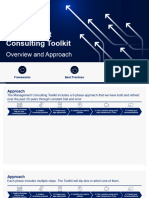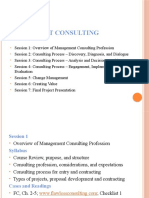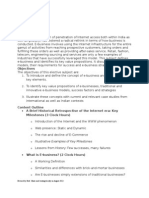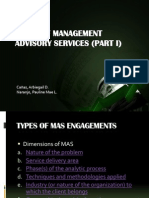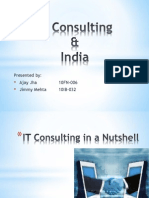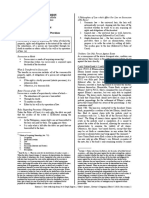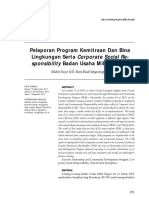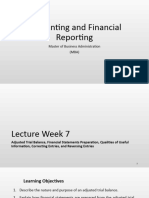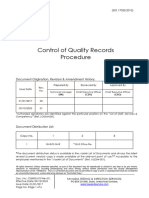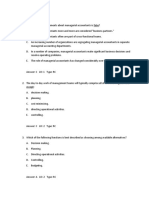0% found this document useful (0 votes)
31 views5 pagesCS Unit 3 & 4
The document outlines the stages of firm growth and the associated crises, emphasizing the importance of strategic planning and knowledge management. It covers various consulting domains, including IT consulting services and operations management, highlighting key themes and emerging technologies. Additionally, it discusses trust-based selling and operational strategies to enhance client competitiveness and efficiency.
Uploaded by
dev rajdevCopyright
© © All Rights Reserved
We take content rights seriously. If you suspect this is your content, claim it here.
Available Formats
Download as PDF, TXT or read online on Scribd
0% found this document useful (0 votes)
31 views5 pagesCS Unit 3 & 4
The document outlines the stages of firm growth and the associated crises, emphasizing the importance of strategic planning and knowledge management. It covers various consulting domains, including IT consulting services and operations management, highlighting key themes and emerging technologies. Additionally, it discusses trust-based selling and operational strategies to enhance client competitiveness and efficiency.
Uploaded by
dev rajdevCopyright
© © All Rights Reserved
We take content rights seriously. If you suspect this is your content, claim it here.
Available Formats
Download as PDF, TXT or read online on Scribd
/ 5









